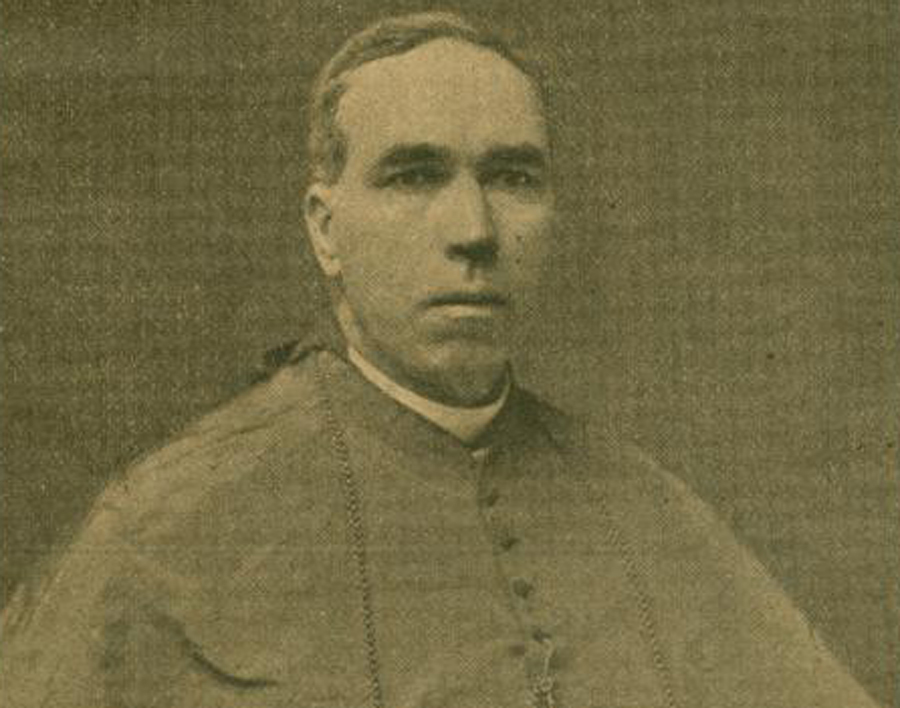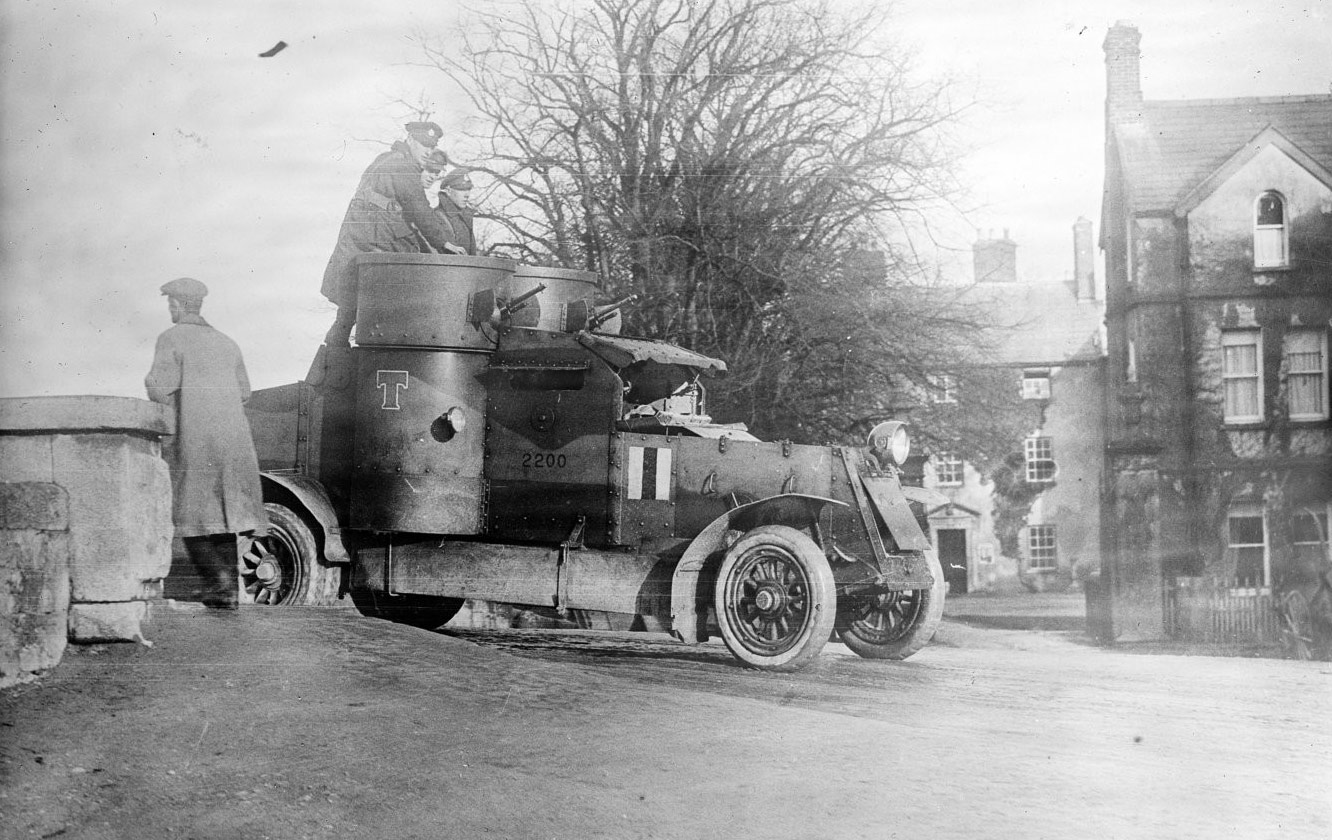Bishops denounce ‘military rule’ in Ireland as arrests and deportations continue
Dublin, 16 February 1920 - Cardinal Michael Logue, Archbishop of Armagh, has described the present military regime in Ireland as ‘rivalling in severity that of countries under the most pitiless autocratic government’.
The cardinal’s remarks were echoed by his fellow members of the catholic hierarchy in Lenten pastorals published across Ireland today.

Cardinal Michael Logue, the Archbishop of Armagh and Primate of All Ireland (Image: New York Public Library)
Charles McHugh, the Bishop of Derry, said that uncontrolled ‘military despotism’ had taken the place of freedom of speech and action; Thomas O’Doherty, the Bishop of Clonfert, referred to a ‘regime of militarism’ which has seen men taken away from their homes and families and deported to England without any charges being levelled against them.
‘Children have been taken from their parents to be, in effect, terrified and tortured in a confession of their supposed knowledge of crime. Houses have been raided at all hours for concealed arms or papers, generally with no result whatever. Fairs and markets have become illegal assemblies even in places where, as in Portumna, there was no crime. Savage sentences have been inflicted for trivial offences – for the singing of a song, to take one example, which has been heard on concert platforms these fifty years and more.’
In Raphoe in Co. Donegal, the Bishop Patrick O’Donnell, whose pastoral was published in Irish and English, remarked that the ‘atmosphere of war and blood, coupled with resentment, and the indignities of military rule, was in some danger of engendering wrong notions in regard to human life’. He added: ‘The jails are full, liberty of speech and of the press is smothered, deportations are the order of the day and native feeling counts for nothing.’
Militarism
According to government minister Winston Churchill, speaking in
the House of Commons on 13 February, the number of British troops
now deployed in Ireland has climbed to 41,000, at a weekly cost of
£186,000. Prior to the war, the number stood at
approximately 25,000.
[Editor's note: This is an article from Century Ireland, a fortnightly online newspaper, written from the perspective of a journalist 100 years ago, based on news reports of the time.]





















